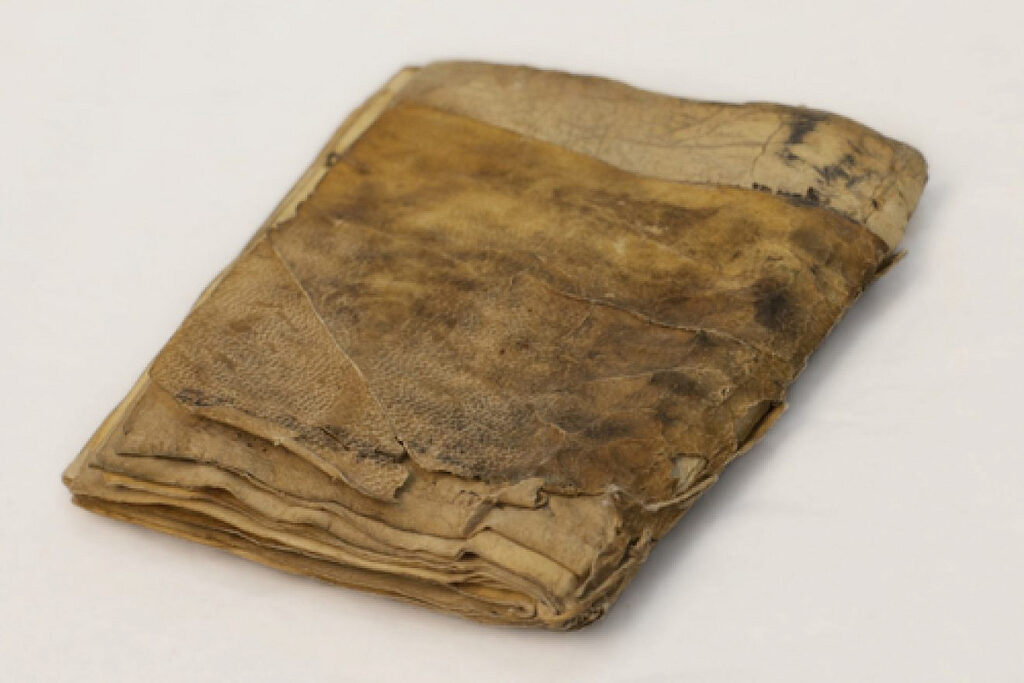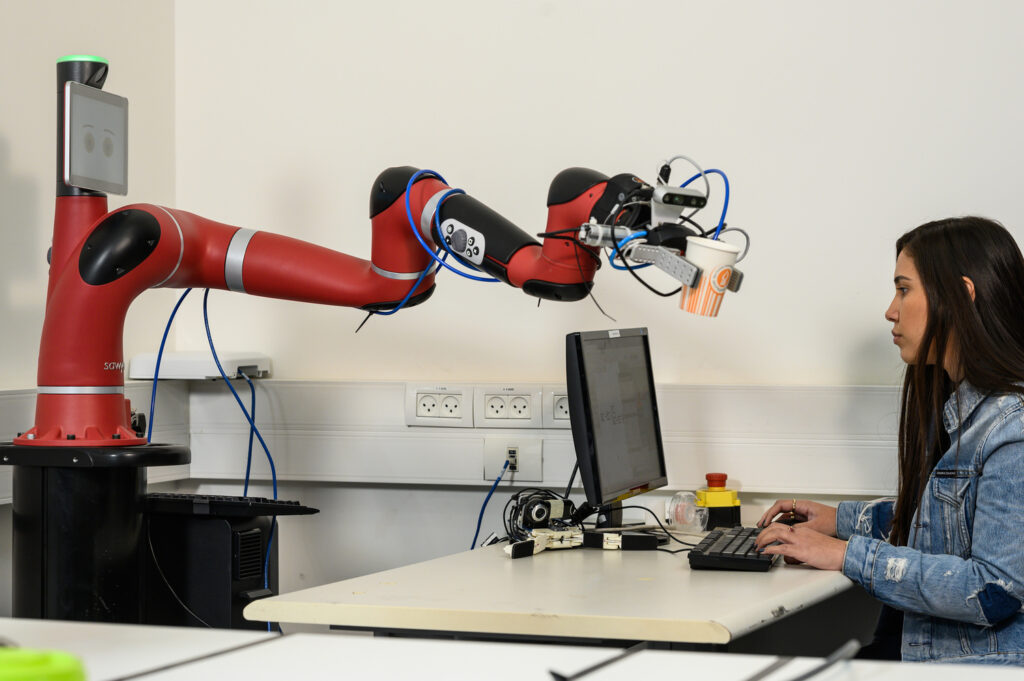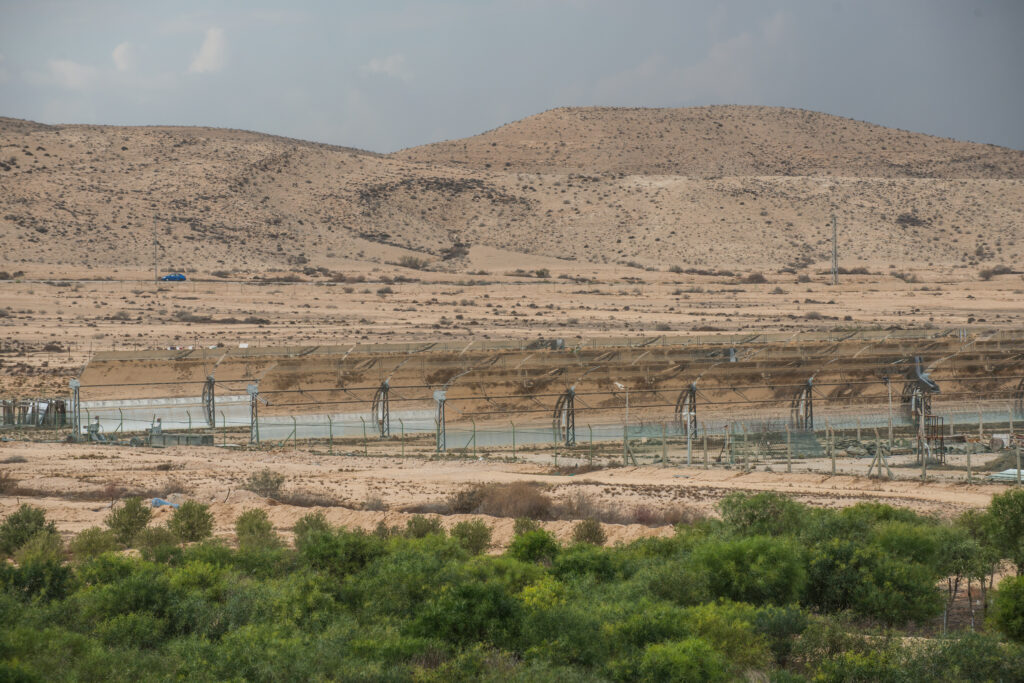
Students’ Social Networks Can Predict Course Grades
Students’ Social Networks Can Predict Course Grades
December 27, 2012
Homeland & Cyber Security, Press Releases, Robotics & High-Tech
BEER-SHEVA, Israel, December 26, 2012 — Ben-Gurion University of the Negev’s (BGU) Social Networks Security Research Group in its Department of Information Systems Engineering has developed a novel method to predict how well or badly a student will perform in an academic course.
The information can be used to determine which students need the most help, as well as which ones excel and might be guided to further study or careers in that subject area. The paper, “Predicting Student Exam Scores by Analyzing Social Network Data,” was presented earlier this month at the Advanced Media Technology Conference in Macau, Hong Kong.
According to co-author and Ph.D. student Michael Fire, “While most papers about social network analysis deal solely with information gathered online, this study draws some of the information from the real world — social interactions which were conducted off the grid.”
The researchers analyzed data from a BGU course that included assignments submitted online and Web site logs (containing 10,759 entries) to construct social networks of explicit and implicit cooperation among the students. The implicit connections are used to model all the social interactions that happened “offline” among the students: e-mails with questions, conversations in the lab while preparing the assignments and even course forums.
“These connections were very important, as we sought to model the social interactions within the student body,” Fire explains.
In addition to analyzing the online submissions of the students who had to work in pairs or in groups, they also tracked login time and computer usage. For instance, if two students submitted their assignments from the same computer, it was a likely indication that the two had worked together to complete the assignment. If two students submitted assignments from different computers, but one right after the other on more than one occasion, the authors gave a value to that data, as well.
“One explanation for what we discovered is that your friends influence your grade in the course, so, if you pick your friends well, then you will get a higher grade,” Fire says. “Alternatively, social networks in courses offer conditions whereby good students will pair with other good students, and similarly weaker ones will pair with weaker students.”
ABOUT AMERICANS FOR BEN-GURION UNIVERSITY
By supporting a world-class academic institution that not only nurtures the Negev, but also shares its expertise locally and globally, Americans for Ben-Gurion University engages a community of Americans who are committed to improving the world. David Ben-Gurion envisioned that Israel’s future would be forged in the Negev. The cutting-edge research carried out at Ben-Gurion University drives that vision by sustaining a desert Silicon Valley, with the “Stanford of the Negev” at its center. The Americans for Ben-Gurion University movement supports a 21st century unifying vision for Israel by rallying around BGU’s remarkable work and role as an apolitical beacon of light in the Negev desert.
About Ben-Gurion University of the Negev
Ben-Gurion University of the Negev embraces the endless potential we have as individuals and as a commonality to adapt and to thrive in changing environments. Inspired by our location in the desert, we aim to discover, to create, and to develop solutions to dynamic challenges, to pose questions that have yet to be asked, and to push beyond the boundaries of the commonly accepted and possible.
We are proud to be a central force for inclusion, diversity and innovation in Israel, and we strive to extend the Negev’s potential and our entrepreneurial spirit throughout the world. For example, the multi-disciplinary School for Sustainability and Climate Change at BGU leverages over 50 years of expertise on living and thriving in the desert into scalable solutions for people everywhere.
BGU at a glance:
20,000 students | 800 senior faculty | 3 campuses | 6 faculties: humanities & social sciences, health sciences, engineering sciences, natural sciences, business & management, and desert research.
For all press inquiries, please contact:
James Fattal, J Cubed Communications
516.289.1496



